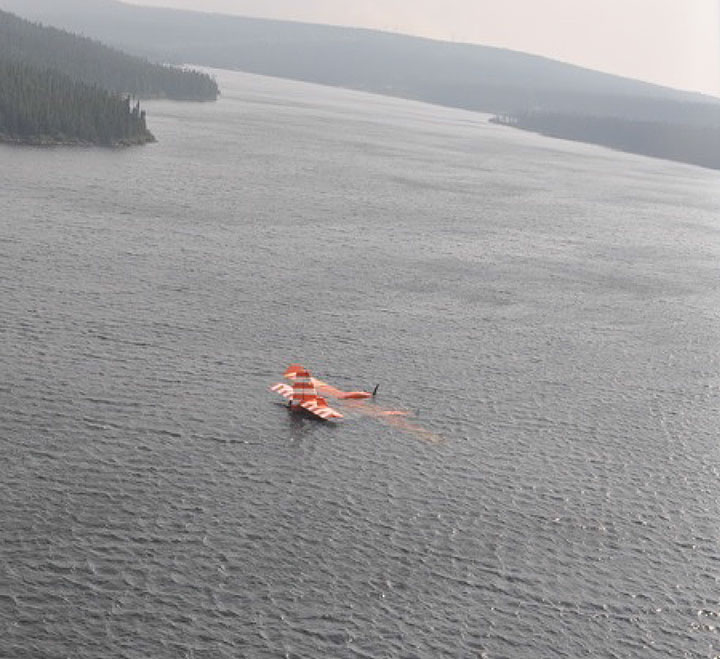- Reaction score
- 8,083
- Points
- 1,160
I think getting the FN involved in the long term forestry management would be a big win; controlled burns, and other similar stratagies are things they were doing for centuries. The current context is a bit insane, but generally lot of generational knowledge that could contribute to helping things.What I have noted in BC, that the up and coming young FN's are more connected to the world than their elders and want jobs. This is a problem as the current leadership grew up on the Rights and Title fights, but are not well prepared to create the economic opportunities for their people. This does not make the news, but it's a growing issue for many bands.



